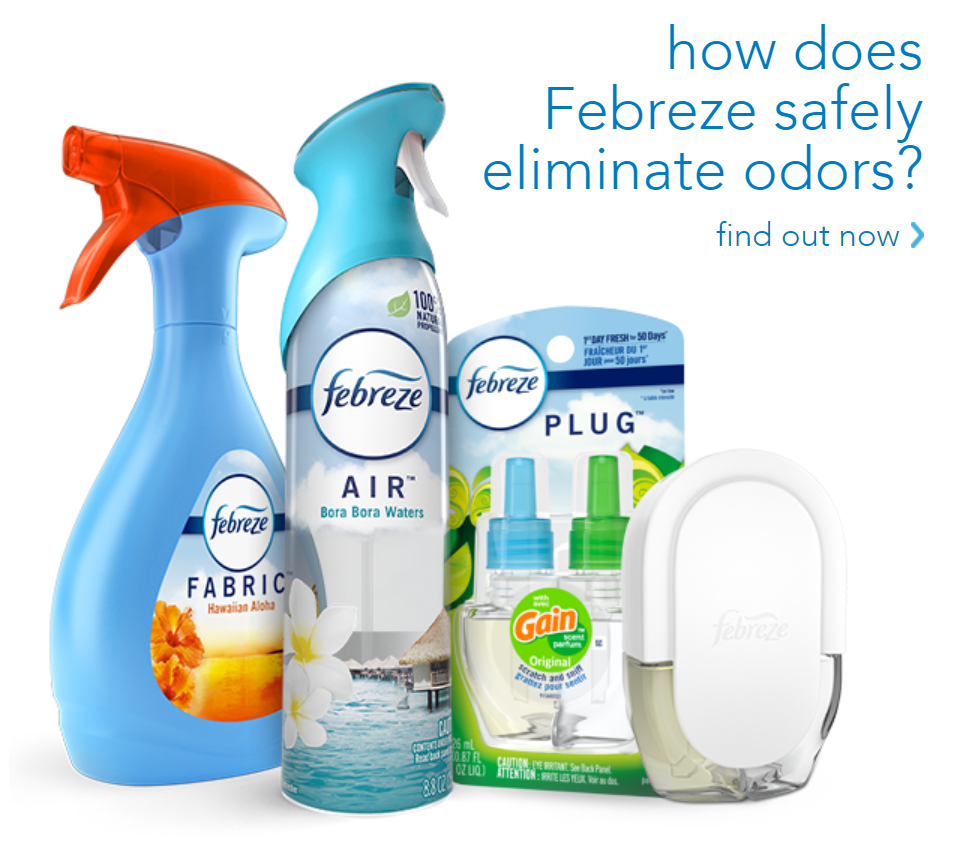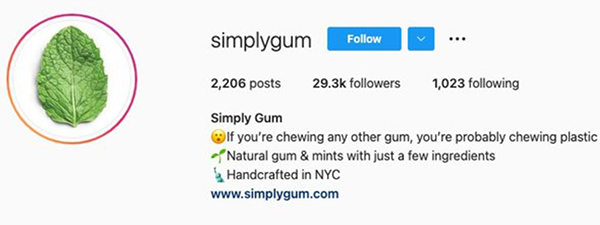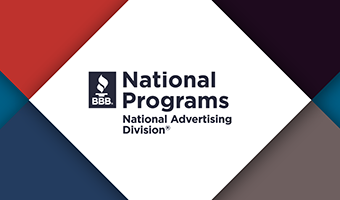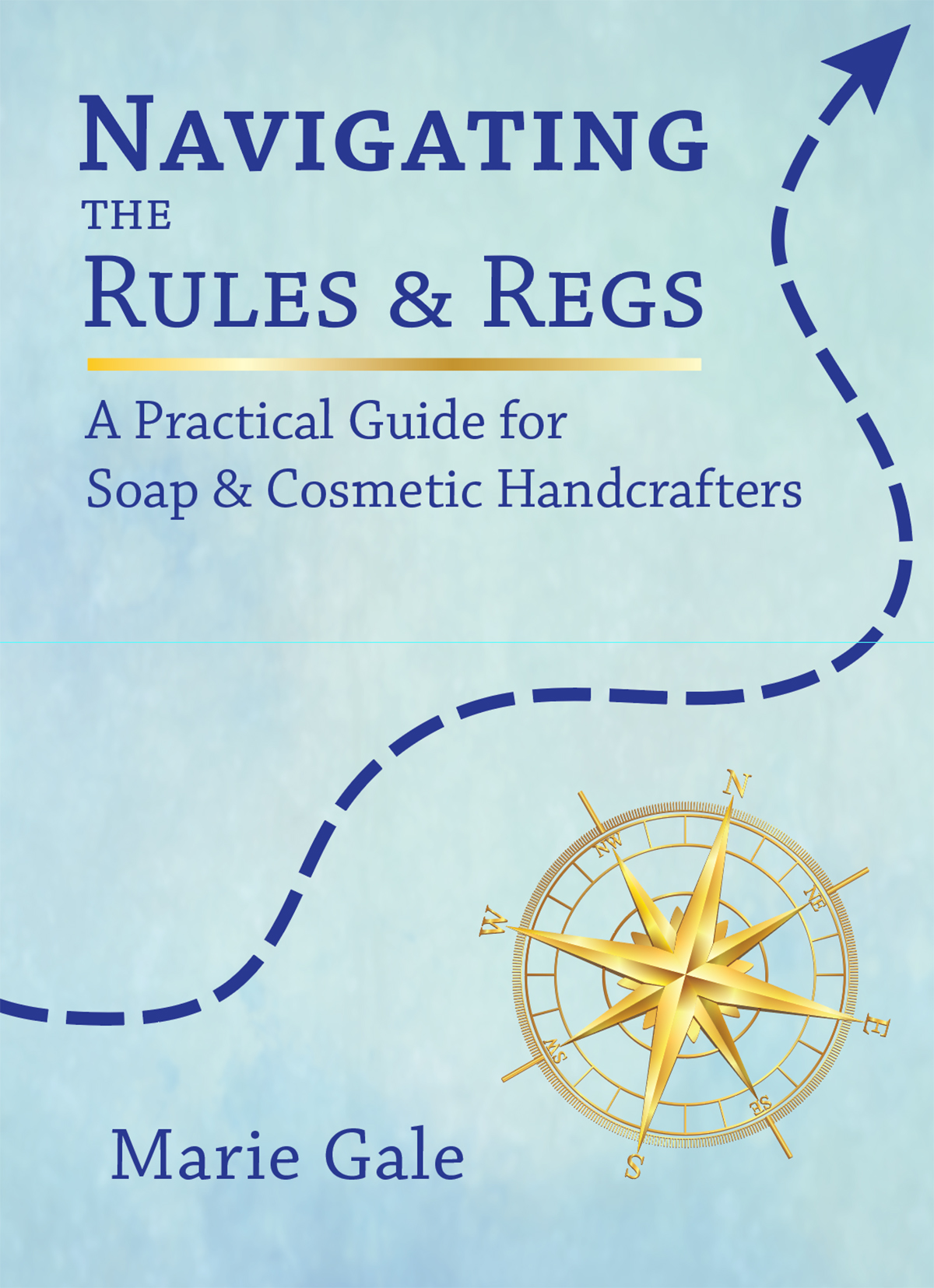Did you know the Better Business Bureau has National Programs? According to their website:
“BBB National Programs is where companies, industry experts, and trade associations work together within a self-regulatory environment to foster industry best practices in truth-in-advertising, child-directed marketing, data privacy, and dispute resolution.”
Of particular note are the Advertising Initiatives, which provide a forum for “promoting truthful, transparent, responsible advertising through self-regulation, monitoring, and enforcement.”
There are six programs under the Advertising Initiatives:
- National Advertising Division
- National Advertising Review Board
- Children’s Advertising Review Unit
- Children’s Food and Beverage Advertising Initiative
- Children’s Confection Advertising Initiative
- Direct Selling Self-Regulatory Council
Most of these are pretty self-explanatory based just on the title. Links lead to fuller descriptions on the BBB website. The one that could possibly affect soap and cosmetic makers is the National Advertising Division.
National Advertising Division
The National Advertising Division is the arm of the BBB that investigates claims of false or misleading advertising, and makes recommendations based on what they find. Although it’s unlikely that a handcrafter would get embroiled with the National Advertising Division, knowing what they do and how they work might be of benefit. Looking at the cases also provides some insight into what may be considered false or misleading advertising.
“National advertising” in this case includes any paid commercial message, in any medium (including labeling), if it has the purpose of inducing a sale or persuading the audience of the value of a company, product, or service; PROVIDED it is disseminated nationally or to at least a substantial portion of the United States.
The procedures1 in place for handling complaints are quite detailed and appear to be fair in their application.
Initiation of Cases
The Division can take up a case based on a challenge from a competitor, a consumer complaint, or their own observations from their monitoring program.
When a business files a complaint against a competitor challenging the truthfulness of their advertising, there is a hefty filing fee. The fees start at $8,000 for National Partners and $10,000 for Non-National Partners and go up from there, based on annual revenue. For a Non-National Partner with $5 billion revenue, filing a complex case, the fee can go as high as $75,000.
A case will be rejected if:
- The advertising isn’t national
- It’s already the subject of pending litigation or a court order
- It’s already the subject of a federal government agency consent decree or order
- The advertising has already been permanently withdrawn
- It’s so technical that NAD couldn’t conduct a meaningful investigation
- Doesn’t have sufficient merit to warrant the time and resources.
Review & Investigation
First off, when NAD commences a review and the advertiser elects NOT to participate in the self-regulatory process, NAD prepares all the materials and forwards them to the applicable state or federal law enforcement agency.
During the review, both parties agree to keep the review proceedings confidential. All materials submitted by either party are provided to the other party; there is no confidential information provided to the review EXCEPT in the case of trade secrets which have a specific method of address in the NAD procedures.
No advertiser can include a counter-challenge in their response. In other words, when Business A makes a complaint about Business B, Business B is not allowed to use a complaint against Business A in their response. If Business B has a complaint about Business A, they have to file a separate complaint (and pay the fee).
There are several types of investigations, depending on the complexity of the complaint.
If the advertiser fails to respond to the complaint within the allowed time, NAD may refer the complaint to the appropriate government agency and release information about the referral to the press, the public, and the media in which the advertising at issue appeared.
Findings
Findings are published and announced to the press. Each case decision identifies the advertiser, challenger, product or service, and subject matter reviewed. It also includes a summary of each party’s position and NAD’s decision and its rationale.
All parties agree not to issue a press release regarding any decisions issued and/or not to disseminate such decisions for advertising or promotional purposes. (That’s probably why we don’t hear about these cases much!)
Where the advertiser fails to comply with the findings, NAD will turn the matter over to the appropriate government agency for review and possible enforcement action.
Findings may be appealed to the National Advertising Review Board.
Recent Cases
Here are a few of the recent cases.

Febreze. [June, 2022] S.C. Johnson (makers of Glade brand products) challenged certain “odor elimination” claims made by Proctor & Gamble for their Febreze product line (including Air, Light, Fabric, Plug, Candles, Wax Melts, Car, and other products). NAD found that P&G had insufficient evidence for the claims and recommended that P&G discontinue the express and implied claims that Febreze eliminates odors. P&G is appealing.2
Spectrum. [April 2022] AT&T challenged “most consistent download speed” claims made by Charter Communications for its Spectrum Internet service. NAD found that the claim was supported, but recommended that Charter Communications discontinue other implied claims that AT&T imposes a hard data limit on its internet subscribers, that they throttle their subscribers who exceed their data allowance, and several other comparison claims.3

Simply Gum. [February 2022] Perfetti Van Melle USA (makers of candy and gum, including Mentos) challenged certain “natural,” “synthetic free,” and other related claims made by Simply Gum. Simply Gum elected not to participate in the self-regulatory process. NAD referred the matter to the FTC for review and possible enforcement action.4
Olay Body Wash. [March 2022] Unilever (makers of Dove body wash) challenged Proctor & Gamble’s claim that Olay body wash “improves skin 3X better” than the leading body wash (Dove). After a review of the supporting documentation submitted by P&G, NAD recommended P&G discontinue the claim.5
Other National Programs
In addition to the Advertising Initiatives, the BBB National Programs also has Privacy Initiatives and Dispute Resolution Initiatives
Privacy Initiatives
The BBB Privacy Initiatives advance privacy best practices and operate independent, third-party accountability programs. They have various programs that monitor and enforce industry self-regulation regarding data collection and security.
Dispute Resolution Initiatives
The Dispute Resolution Initiatives provide neutral, impartial mediation and arbitration to resolve business-customer disputes. They have programs which specifically address Verizon Wireless arbitration, Ford Extended Service, Class Action Arbitration, Volkswagon Car-Net. They also have BBB Auto Line® which helps consumers and businesses resolve vehicle warranty, lemon law, and class action disputes in a hassle-free, timely, and cost-effective manner.
- The Advertising Industry’s Process of Voluntary Self-Regulation, Procedures
for the National Advertising Division (NAD) and the National Advertising Review Board (NARB)
https://bbbnp-bbbp-stf-use1-01.s3.amazonaws.com/docs/default-source/bbb-national-programs/procedures/nad_narbprocedures_current.pdf ↩︎ - https://bbbprograms.org/media-center/dd/pg-febreze-odor-elimination-claims ↩︎
- https://bbbprograms.org/media-center/dd/spectrum-download-speeds-claim ↩︎
- https://bbbprograms.org/media-center/dd/simply-gum-referral-to-ftc ↩︎
- https://bbbprograms.org/media-center/dd/pg-olay-body-wash-claim ↩︎




Leave a Reply